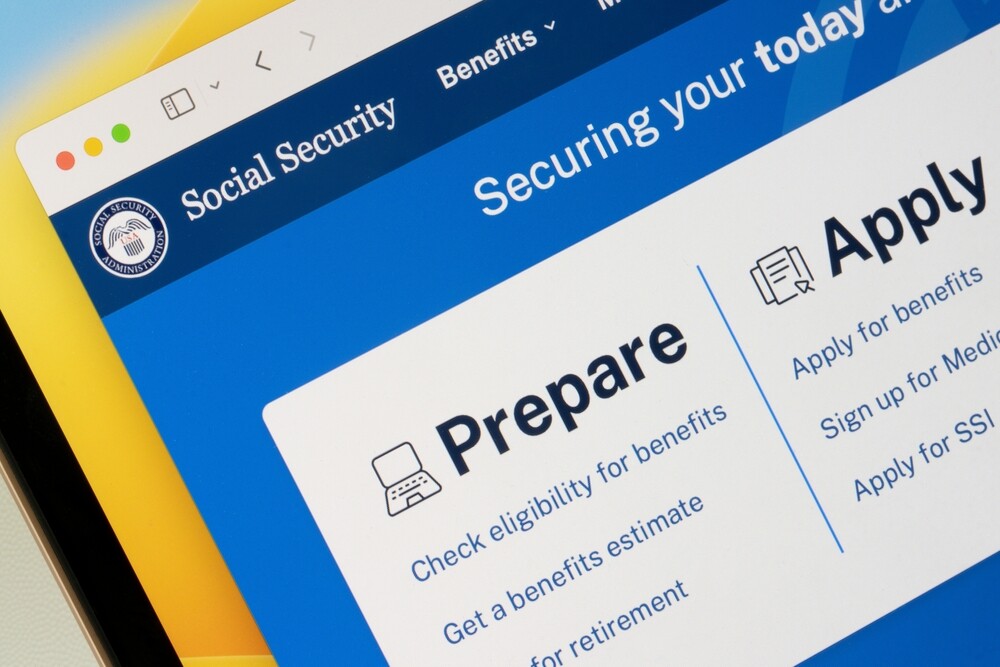Social Security Alerts, News & Updates
Rural Seniors Squeezed by New Social Security Hurdles

When Progress Leaves Our Rural Seniors Behind
Veronica Taylor is 73 years old and lives in the mountains of West Virginia. Like many of you reading this, she’s worked hard her entire life. Now, when she needs her Social Security benefits most, new rules are making it nearly impossible for her to access them.
Her story isn’t unique. It’s playing out in rural communities across America, where our neighbors and loved ones face challenges that many policymakers simply don’t understand.
If you’re struggling with these changes too, please know you’re not alone. Your frustration is valid. Your concerns matter. And your dignity deserves respect.
The Reality of Going Digital When You Can’t
The Social Security Administration now requires people to verify identity online or visit offices in person. Phone verification, which so many relied on, is gone.
For Veronica, this isn’t just inconvenient. She doesn’t have a computer. She’s never used the internet. The nearest Social Security office is six miles away, and she has no car. Walking twelve miles round trip at 73? That’s not a solution. That’s cruelty.
In McDowell County where she lives, one in five residents lack internet access. One-third live in poverty. These aren’t just statistics. These are our parents, grandparents, and neighbors who deserve better.
More Than Just Numbers on a Screen
When officials talk about “streamlining processes” and “reducing fraud,” they’re talking about real people’s lives. People who have paid into Social Security for decades. People who count on that monthly check for food, medicine, and keeping the lights on.
Donald Reed runs the local senior center. He sees the fear in people’s eyes. “I’m not anti-government,” he says, “but I don’t think people understand the real-world consequences of these policy changes.”
He’s right. What looks efficient on paper can be devastating in practice. Especially when field offices close and the remaining ones are hours away.
The Hidden Cost of Asking for Help
Here’s something that might break your heart. Veronica told us, “If I ask people more than two times to take me somewhere, it’s like begging. And I don’t beg nobody to do nothing for me.”
Feel that? That’s the weight of pride meeting necessity. That’s what independence looks like when the system makes it impossible to be independent.
Transportation grants exist, but they’re already stretched thin. Neighbors help when they can, but everyone’s struggling. The social fabric that holds these communities together is being tested by policies that assume everyone has a car, a computer, and high-speed internet.
What Makes This Especially Hard
Rural seniors face unique challenges that compound each other:
- Internet access is spotty or non-existent
- Public transportation doesn’t exist
- Nearest Social Security office might be counties away
- Many never learned computer skills because they never needed them
- Local newspapers that kept them informed have closed
Each challenge alone is manageable. Together, they create an impossible situation for accessing earned benefits.
Finding Light in Dark Times
If you’re facing these challenges, here’s what might help:
First, you’re not failing. The system is failing you. There’s a difference, and it matters.
Second, asking for help isn’t begging. You’ve earned these benefits through decades of hard work. Getting assistance to access what’s yours is your right.
Third, look for allies. Churches, community centers, libraries, and senior organizations often have people who can help with online tasks. Many librarians will sit with you and guide you through the process. You don’t have to figure it out alone.
Your Voice Matters
Politicians need to hear stories like Veronica’s. They need to understand that efficiency without accessibility isn’t progress. It’s abandonment.
Contact your representatives. Share your story. Join with others facing the same struggles. Your experiences aren’t just complaints. They’re vital feedback about policies that affect millions.
Local advocacy groups are fighting for better solutions. They need your voice to make the case stronger. Together, rural communities can demand systems that work for everyone, not just those in cities with reliable internet.
Moving Forward with Hope
Change feels overwhelming, especially when you’re already dealing with health issues, fixed incomes, and daily challenges. But remember this: You’ve survived every difficult day so far. You’ve weathered storms before.
This situation with social security access isn’t fair. It isn’t right. But it also isn’t permanent. Policies can change when enough people demand better.
Until then, lean on your community. Accept help when offered. Know that struggling with technology doesn’t make you less capable or worthy. You built this country with your labor. You deserve systems that honor that contribution.
To Veronica and everyone like her: We see you. We hear you. Your dignity matters more than any efficiency metric. And we won’t stop advocating until accessing your earned benefits is as simple as it should be.
You’re not forgotten. You’re not alone. And you deserve so much better than walking six miles to prove who you are to collect what you’ve already earned.